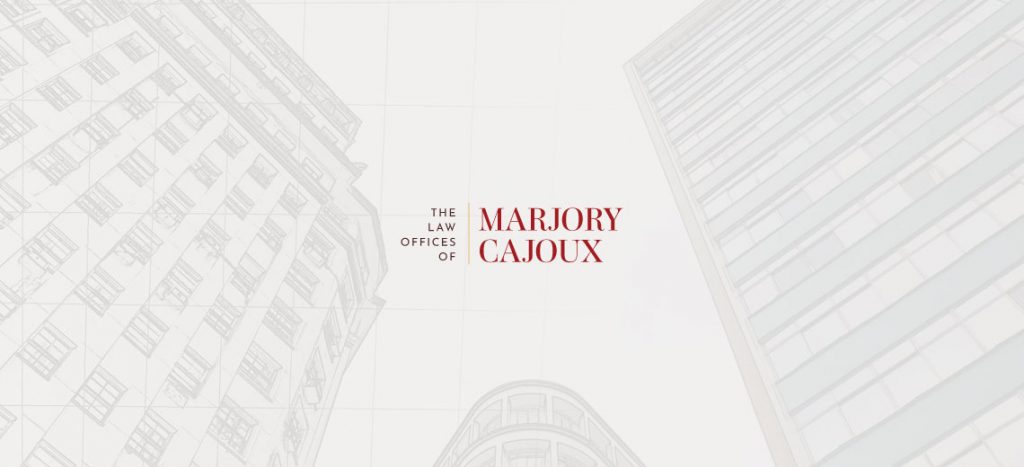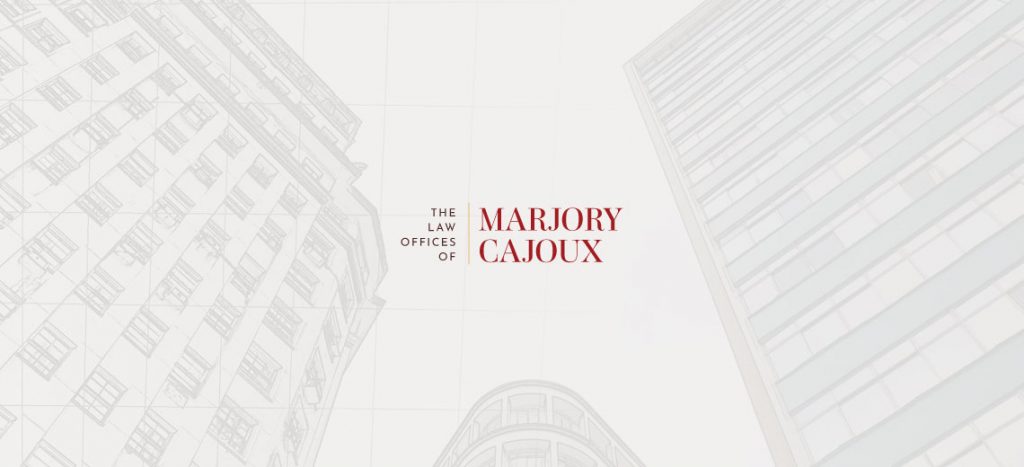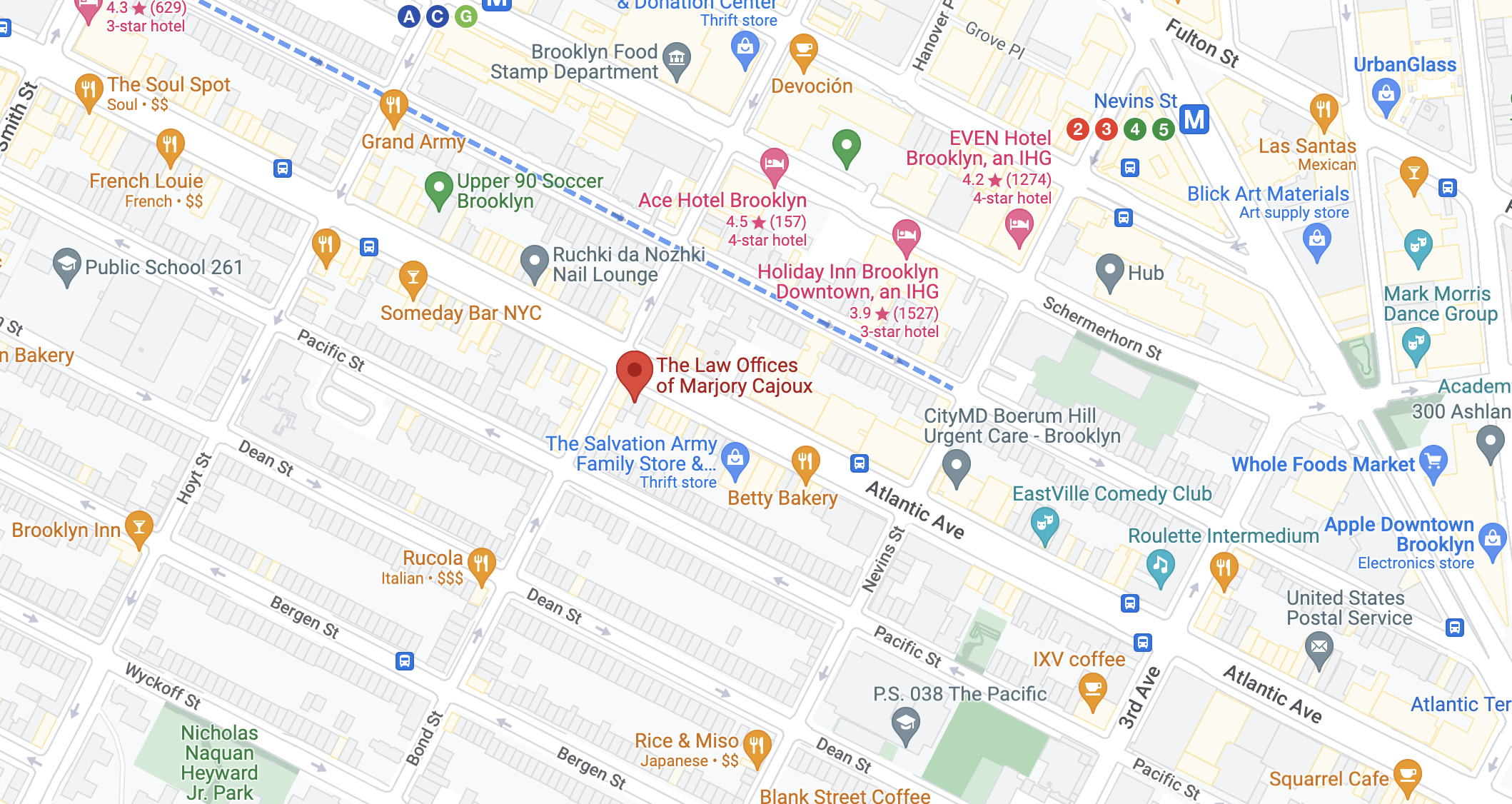Greetings! Very recently we presented a Special Edition article regarding the extension of the temporary ban on evictions and foreclosures to July 31st as the country continues to rebound from the coronavirus pandemic. In New York State, Governor Andrew M. Cuomo signed the COVID-19 Emergency Eviction and Foreclosure Prevention Act of 2020, placing a moratorium on residential evictions until August 31st, 2021 for tenants who have endured COVID-related hardships. Today we will be sharing details on what to expect after the expiration date.
On June 1, 2020, the New York State Emergency Rental Assistance (ERAP) was made available to tenants and New York City households who fell back on their rent as a result of the COVID-19 pandemic. If you’ve applied for the state-run rental assistance program, you’re protected against evictions even if you don’t receive a response from the state before the end of August. Issues and delays with the Emergency Rental Assistance Program have compounded fears that struggling families could wind up homeless, renters, and landlords alike will be caught unaware of their rights or tied up in unnecessary proceedings. The moratorium did not cancel or forgive rent owed by tenants, so many will be on the hook for months of money owed to property owners regardless of their financial situation. Advocates have pleaded with lawmakers to extend the eviction ban further, but that seems unlikely as the legislature is out of session until next year.
Below is a recap exactly what the eviction moratorium entails:
- Residential Evictions: the legislation places a moratorium on residential evictions until August 31, 2021 for tenants who have endured COVID-related hardship. Tenants must submit a hardship declaration, or a document explaining the source of the hardship, to prevent evictions. Landlords can evict tenants that are creating safety or health hazards for other tenants, and those tenants who do not submit hardship declarations.
- Residential Foreclosure Proceedings: the legislation also places a moratorium on residential foreclosure proceedings until August 31, 2021. Homeowners and small landlords who own 10 or fewer residential dwellings can file hardship declarations with their mortgage lender, other foreclosing party, or a court that would prevent a foreclosure.
- Commercial Evictions: the legislation places a moratorium on evictions until August 31, 2021 for commercial tenants that have endured COVID-related hardship. The legislation applies to small businesses with under 50 employees that demonstrate financial hardship. Tenants must submit a hardship declaration, or a document explaining the source of the hardship, to prevent evictions.
- Commercial Foreclosure Proceedings: the legislation places a moratorium on commercial foreclosure proceedings until August 31, 2021.
- Tax Lien Sales: the legislation prevents local governments from engaging in a tax lien sale or a tax foreclosure until at least August 31, 2021. Payments due to the locality are still due.
- Credit Discrimination and Negative Credit Reporting: lending institutions are prohibited from discriminating against a property owner seeking credit because the property owner has been granted a stay of mortgage foreclosure proceedings, tax foreclosure proceedings, or tax lien sales. They are also prohibited from discriminating because the owner is in arrears and has filed a hardship declaration with the lender.
- Senior Citizens’ Homeowner Exemption and Disabled Homeowner Exemption: local governments are required to carry over SCHE and DHC exemptions from the 2020 assessment roll to the 2021 assessment roll at the same levels. They are also required to provide renewal applications for anyone who may be eligible for a larger exemption in 2021. Localities can also set procedures by which assessors can require renewal applications from people who the assessors believe may no longer be eligible for an exemption in 2021. Recipients of the exemption do not have to file renewal applications in person.
Once again, we would like to mention that the federal moratorium enacted by the Centers for Disease Control and Prevention, has been extended several times. Tenants across New York State will have another month of protection under a state eviction moratorium. New York State officials have not given any indication that the moratorium will be extended again, as it has been multiple times during the pandemic.
Here at The Law Offices of Marjory Cajoux, we are doing our best to keep everyone informed about the resources available during these difficult times. We will keep you updated as more information is unveiled. We are ready and committed to providing you the best possible service and support in the areas of immigration, real estate, estate, and business planning and personal injury (WTC claims).





